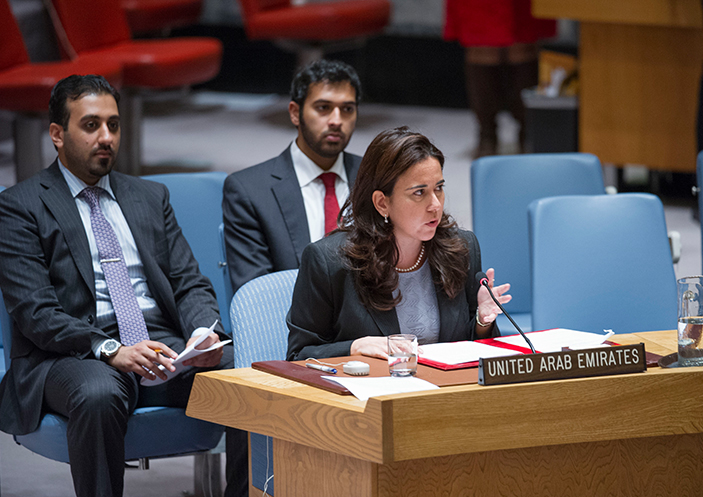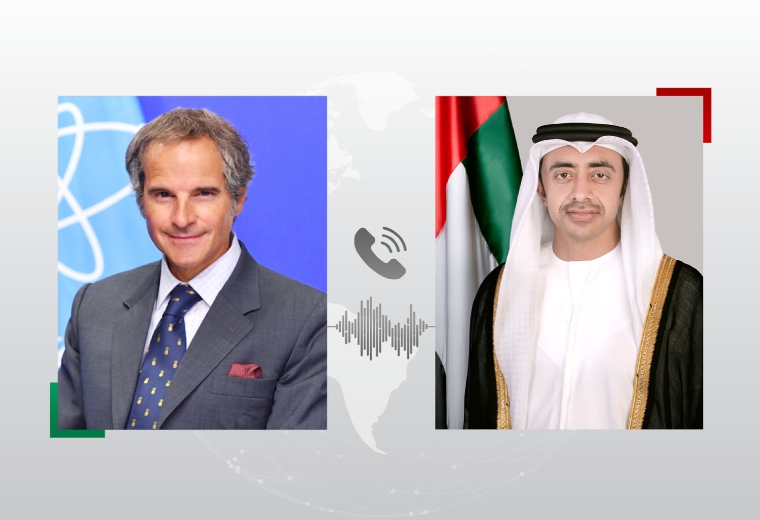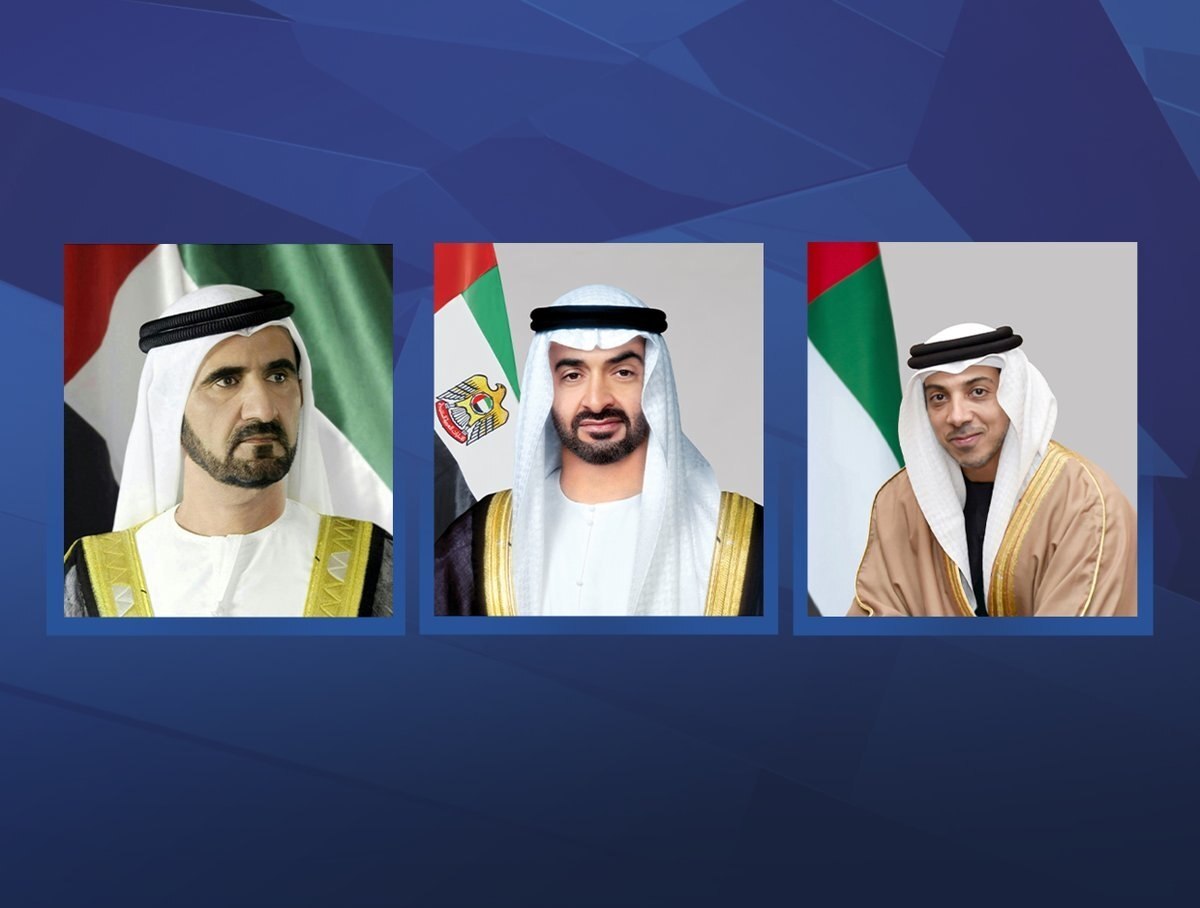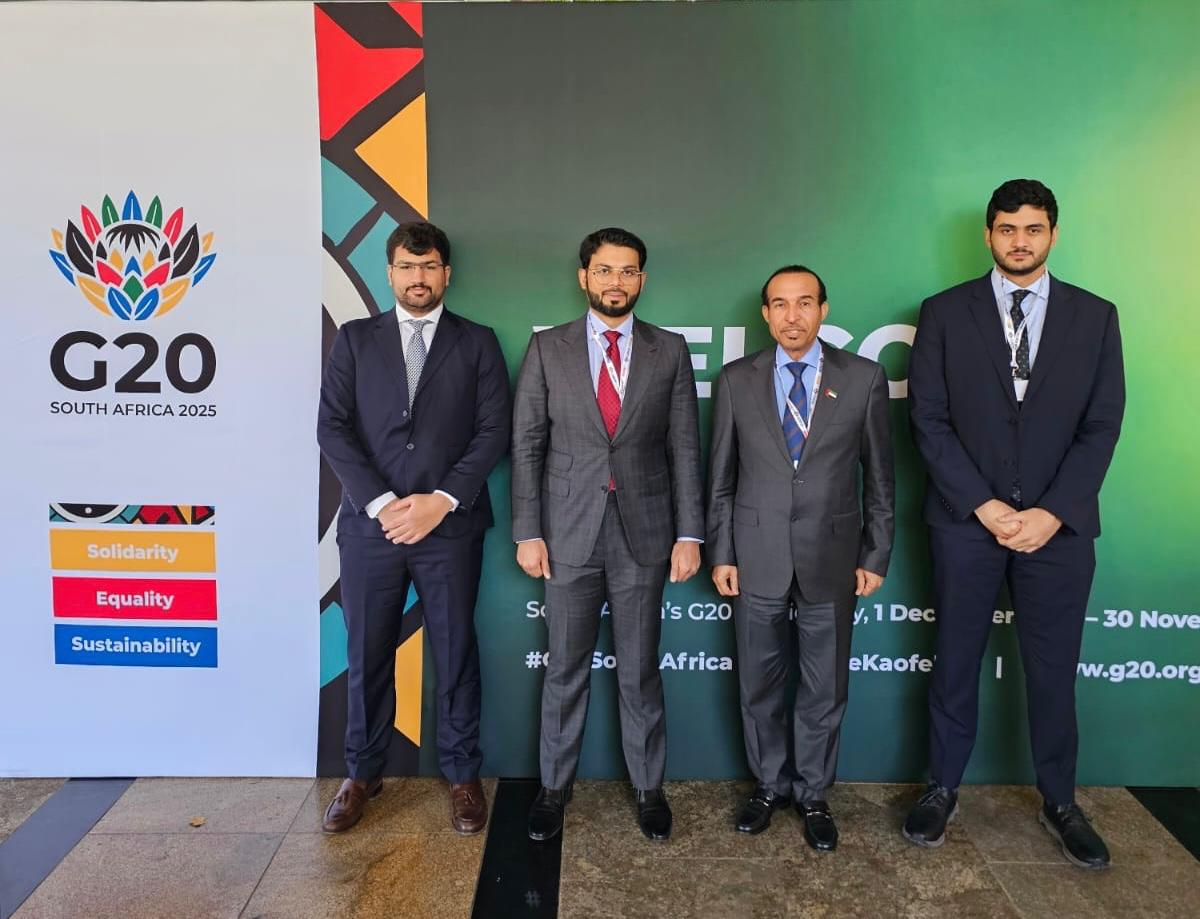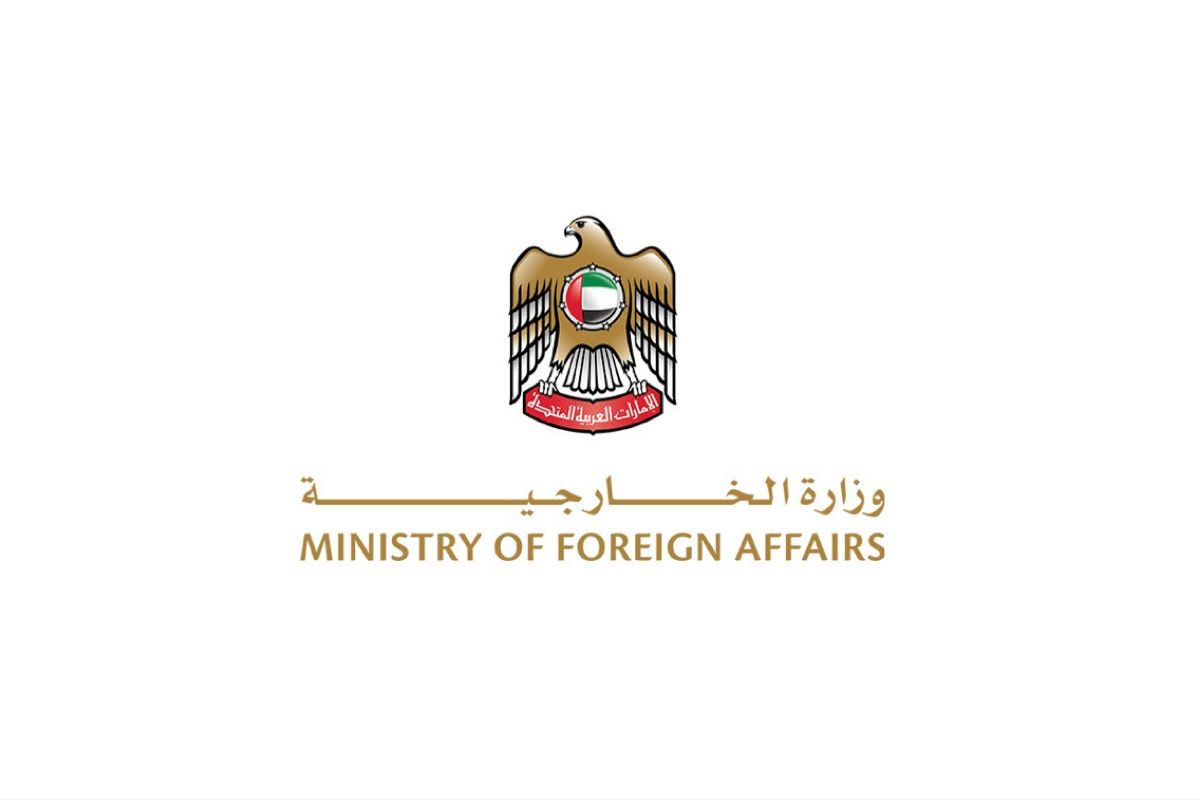At the United Nations, Her Excellency, Ambassador Lana Zaki Nusseibeh, Permanent Representative of the United Arab Emirates to the UN, delivered a statement to the Security Council during the Open Debate on Women, Peace and Security, where she pledged a sum of $500,000 to UN Women, to be utilized in countering extremism within the context of Women, Peace and Security.
The debate focused on addressing the challenges facing the full implementation of the Women, Peace and Security (WPS) agenda. The debate was convened under the Spanish Presidency, and was presided over by H.E. Mr. Mariano Rajoy, Prime Minister of Spain. The Secretary-General, Mr. Ban Ki-moon delivered remarks, followed by the Executive Director of UN Women, Dr. Phumzile Mlambo-Ngcuka. Ms. Julienne Lusenge from the Democratic Republic of Congo, Ms. Yanar Mohammed from Iraq, and Ms. Alaa Murabit from Libya provided briefings.
Ambassador Nusseibeh began by welcoming the unanimous adoption of resolution 2242 by Council members this morning, and announced the UAE’s co-sponsorship of this resolution. She noted the resolution’s important focus on the role of women in countering violent extremism and countering terrorism.
Ambassador Nusseibeh framed the timeliness of this High-Level Review within the context of global challenges, and called for the full and meaningful participation of women. “Now, more than ever, it is crucial that we recognize the important and necessary contributions that women make in international peace and security efforts…We know that empowering women and including their perspectives, as part of inclusive peacebuilding, is essential to creating functional, just, and stable societies” .
Ambassador Nusseibeh then emphasized the critical aspect of prevention, as part of a comprehensive approach to achieving sustainable peace. “To truly achieve peace and security, we must prevent conflict and prevent violent extremism by addressing the root causes of conflict and investing in prevention. This is a re-shifting of gears that needs to happen across the entire UN house, as well as in the approach of UN Member States towards conflict prevention".
Ambassador Nusseibeh underlined the importance of women’s contributions to peace and security, specifically within the context of countering violent extremism. “It is the UAE’s core belief that it is critical to tackle the root causes of extremism before it becomes violent extremism. This requires collective international interventions to confront extremist ideology and propaganda, but at the national level, it also requires supportive policies directed towards girls’ education and women’s empowerment, religious tolerance, and a constitution that guarantees equal treatment and opportunity. In the UAE, ensuring there are real opportunities for women’s leadership throughout society has also been an important policy priority – and is demonstrated by women such as Major Mariam Al-Mansouri, the UAE’s first active duty female fighter pilot…There is no better counter to Daesh’s destructive narrative than the example she provides of the role and impact of women, peace and security in a moderate, tolerant Muslim nation".
Ambassador Nusseibeh commended Major Al-Mansouri for her achievements, and as an awardee of the Asia Society 2015 Game Changers Award.
Ambassador Nusseibeh underscored the UAE’s National Strategy for the Advancement of Women, emphasizing the many and varied roles that women continue to play in UAE society, which was launched by H.H. Sheikha Fatima bint Mubarak, Chairwoman of the General Women's Union, Supreme Chairwoman of the Family Development Foundation and President of the Supreme Council for Motherhood and Childhood in 2002, and later updated for the 2015 to 2021 period. Ambassador Nusseibeh clarified that this Strategy “prioritizes the participation of women in the national development process in both the public and private sectors, and strengthens the concept of gender equality in policies, programs, and legislation. This is a live process, and we continue to work with our partners to do better as part of a commitment made at the highest levels of our government".
Ambassador Nusseibeh then spoke of the UAE’s dedication to promoting the health and well-being of women and children in humanitarian and fragile contexts. She shared the UAE’s commitment to the Every Woman Every Child Every Where movement, which culminated in the adoption of the Abu Dhabi Declaration in February 2015. “This Declaration helped ensure not only that gender is a key consideration in responses to humanitarian emergencies, but also that humanitarian settings are a key consideration in strategies for the advancement of gender equality.
Ambassador Nusseibeh then announced a second conference, to be held in Abu Dhabi in February 2016, with the UN’s High-Level Panel on Humanitarian Financing. “Our hope is that this meeting will inform and enhance international action and innovation for implementation and financing of Every Woman Every Child Everywhere, particularly in advance of the World Humanitarian Summit and World Health Assembly next year.”
Ambassador Nusseibeh then offered four concrete ways to achieve the full implementation of the WPS agenda. First, she called for strengthening the meaningful participation of women in achieving international peace and security, including in efforts to combat, reduce, and prevent terrorism and violent extremism. Second, she emphasized that holistic approaches to conflict prevention should aim to address the root causes and drivers of conflict and cycles of violence including violent extremism, and not just their impacts on women, men, girls, and boys. Third, she called for greater advocacy for UN System Leadership to deliver on WPS over the next decade. Lastly, she emphasized that political will needs to translate into effective action by Member States in order to move the WPS agenda forward.
Ambassador Nusseibeh concluded by offering the UAE’s full support to the UN in advancing this critical agenda.
